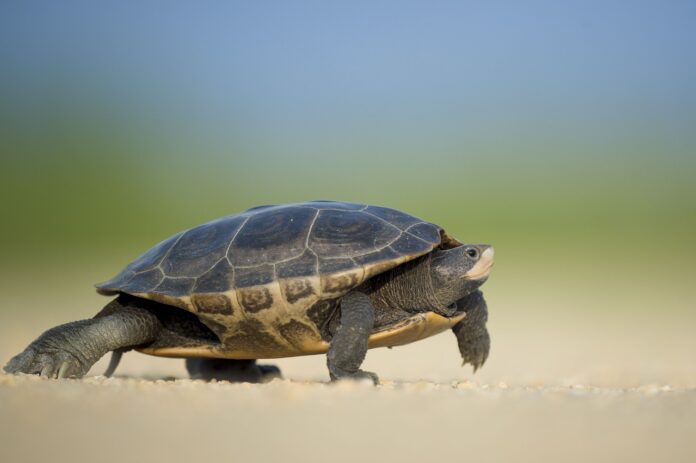Source: MakeLemonade.nz
Tāmaki Makaurau – Sunday is World Turtle Day and New Zealand’s waters are home to five species of turtles, that breed in the tropics or in sub-tropical areas.
World Turtle Day is a time to reflect on turtles’ disappearing habitats around the world. The green and leatherback turtles are most commonly found off the Aotearoa coast.
Leatherbacks are widely spread around New Zealand and have been recorded as far south as Fiordland. Satellite tracking studies indicate that the waters around North Cape and the eastern coast of Northland are favoured foraging grounds.
Estimates suggest a 70 percent reduction in the global population of female turtles in the last generation. Much of this is due to development and degradation of their nesting beaches.
In New Zealand and elsewhere, leatherbacks are a bycatch in the pelagic longline fisheries.
Green turtles are the only herbivorous turtle, feeding mostly on seagrasses, algae and mangroves. They also eat fish and their eggs, jellyfish, sponges and various shellfish.
In turn they are preyed upon by many animals throughout their life cycle, including humans. They are called green turtles because of the colour of their meat when made into soup.
Some green turtles spend a part of their life cycle around the northern North Island, with individuals regularly seen at Rangaunu Harbour (Far North) and Poor Knights Islands.
Data from beached turtles and live sightings are recorded in the New Zealand Amphibian and Reptile Distribution Scheme.
Department of Conservation monitors the bycatch of turtles and other protected species in commercial fisheries through our Conservation Services Programme. All reptiles, including sea turtles, are protected under the Wildlife Act 1953.
These gentle animals have been around for 200 million years, yet are rapidly disappearing due to smuggling, the exotic food industry, habitat destruction, climate change, and the pet trade.
While these highly migratory species periodically come ashore to either bask or nest, sea turtles spend the bulk of their lives in the ocean.
Over the last 200 years, human activities have tipped the scales against the survival of these ancient mariners.
Slaughtered for their eggs, meat, skin, and shells, sea turtles suffer from poaching and over-exploitation. They also face habitat destruction and accidental capture—known as bycatch—in fishing gear.
Climate change has an impact on turtle nesting sites; it alters sand temperatures, which then affects the sex of hatchlings. Nearly all species of sea turtle are now classified as endangered, with three of the seven existing species being critically endangered.
Sea turtles are a fundamental link in marine ecosystems. They help maintain the health of seagrass beds and coral reefs that benefit commercially valuable species such as shrimp, lobster, and tuna.



